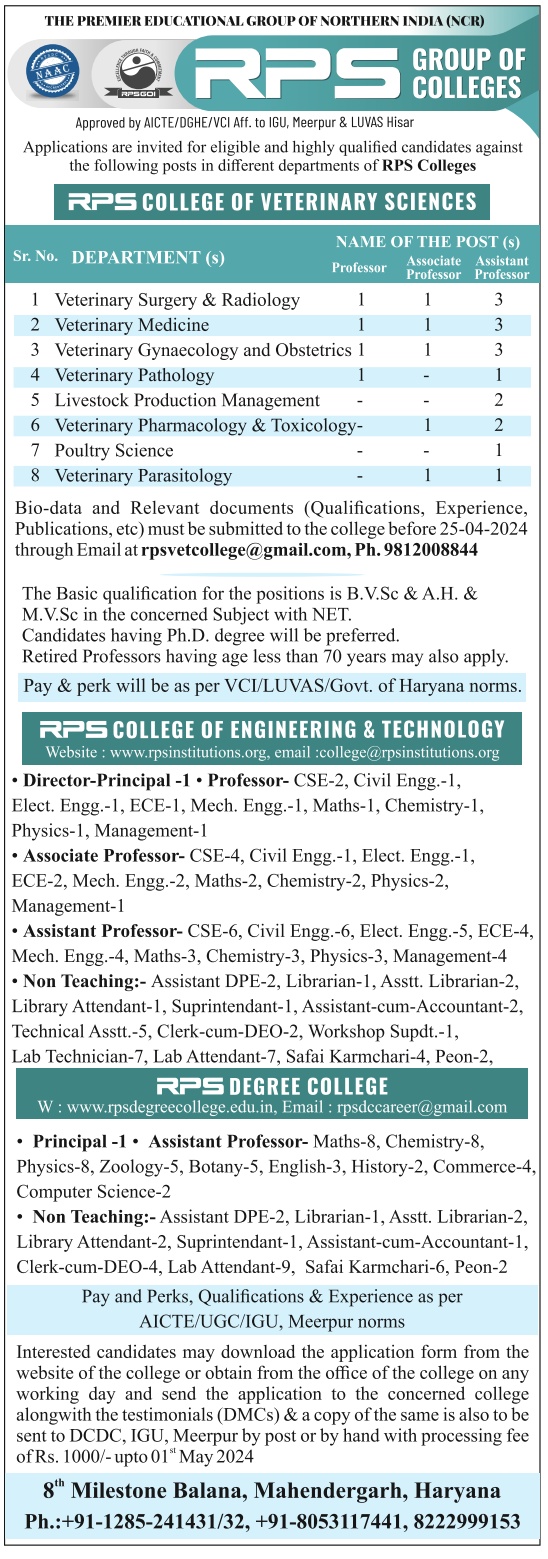1. DR. RAJENDER SINGH
Sr. Scientist
Endocrinology Division
Central Drug Research Institute,
P.O. Box No. 173
Lucknow 226031
CURRENT AREAS OF INTEREST
Identification of genetic causes of male infertility
Y chromosome is a deletion hot spot and that contributes to approximately 15% of the cases of male infertility. Classical deletions have now been proven to result in male infertility. Partial deletions are relatively less studied particularly in Indian populations. We are studying the contribution of Y chromosome partial deletions towards male infertility. The study model involves identification of the clinical cases of male infertility who are subjected to genetic analysis of selected Y chromosome markers.
Non Y-chromosomal genetic causes of male infertility
Y-chromosome based genetic causes have explained not more than 15-20% of the infertility cases. Recent research has identified expression of several autosomal genes in the reproductive organs and the number of such genes exceeds the number of Y-chromosomal genes. Identification of the autosomal genes that could contribute to male infertility is a major program in our laboratory. This includes genetic analysis on the infertile individuals with appropriate in vitro/in vivo functional assays to ascertain the pathogenic nature of selected genetic variants.
Treatment of male infertility
Male infertility may not be a problem in Indian perspective but it is very important issue in individual perspective. Moreover, male infertility cannot be looked just from treatment point of view; it may also provide important insights into the mechanism of spermatogenesis and genes required for male fertility. India is privileged with natural diversity and ancient literature such as Ayurveda which describes the wonder drugs identified via experiments by common man for thousands of years. We are conducting experiments to scientifically validate the claims of plant based drugs to treat different disorders of male reproduction such as male infertility and impotence.
More Info : http://www.cdriindia.org/Rajinder.htm
2. Vivek T. Natarajan
Systems Biology Group
CSIR-Institute of Genomics & Integrative Biology
Delhi- 110 007
CURRENT AREAS OF INTEREST
Vivek Natarajan is investigating the molecular events that lead to pigmentation in human skin. He uses animal models and primary culture of human skin cells to identify the molecular basis of skin pigmentation.
Some of the fundamental questions being raised in his lab are
How is melanin synthesized in specific cells and transferred to other cells?
How can these events be regulated at the molecular level?
He brings his expertise in signal transduction and chemical biology from previous projects to the field of skin biology.
More Info : http://www.igib.res.in/?q=VivekT.Natarajan
CSIR Announcement : http://csirhrdg.nic.in/2014csirysawebresult.pdf











0 Comments